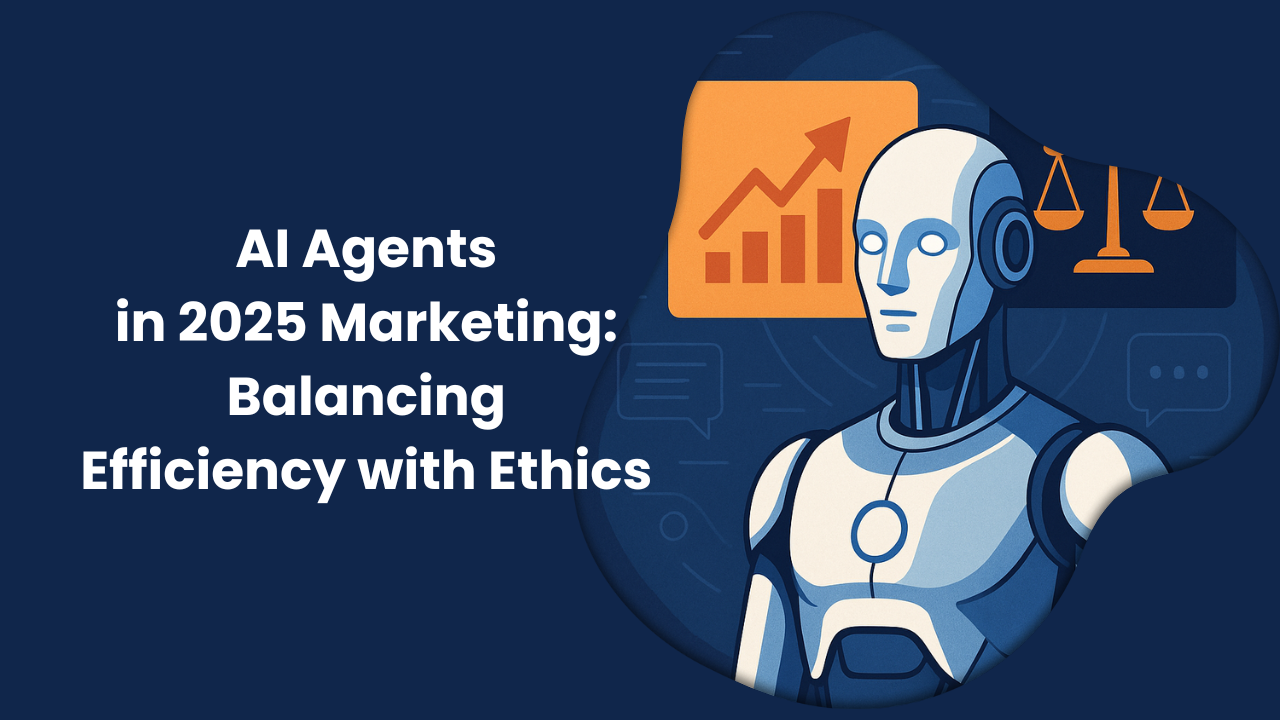AI Agents in 2025 Marketing: Efficiency vs. Ethics
AI Agents in 2025 Marketing: Efficiency vs. Ethics Artificial Intelligence has transitioned from being a “nice-to-have” tool to a strategic necessity in marketing. By 2025, AI agents—autonomous, task-driven AI entities capable of decision-making and execution—have become the backbone of marketing…

